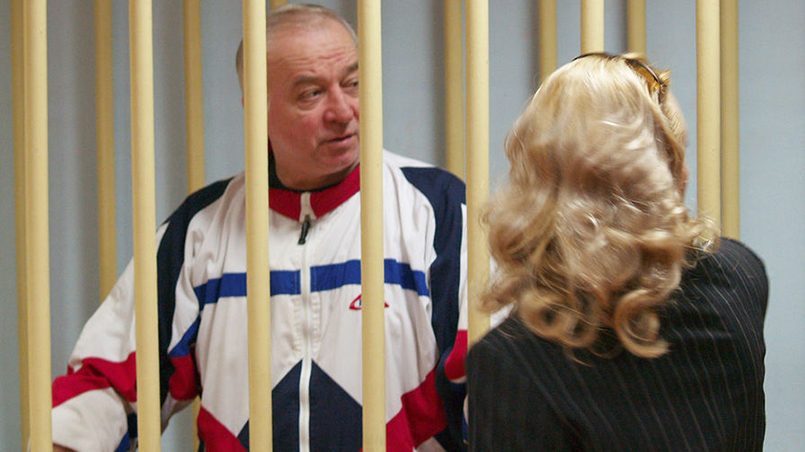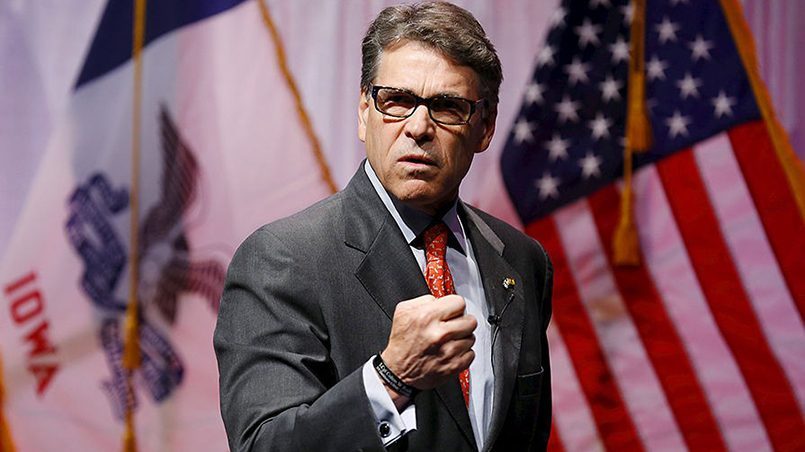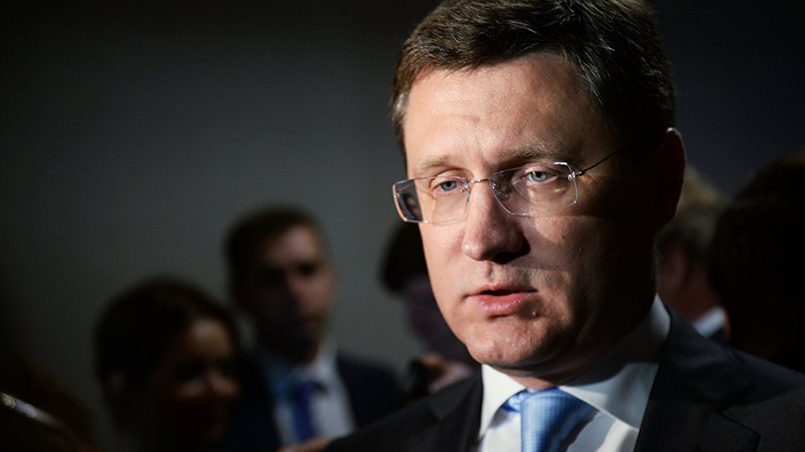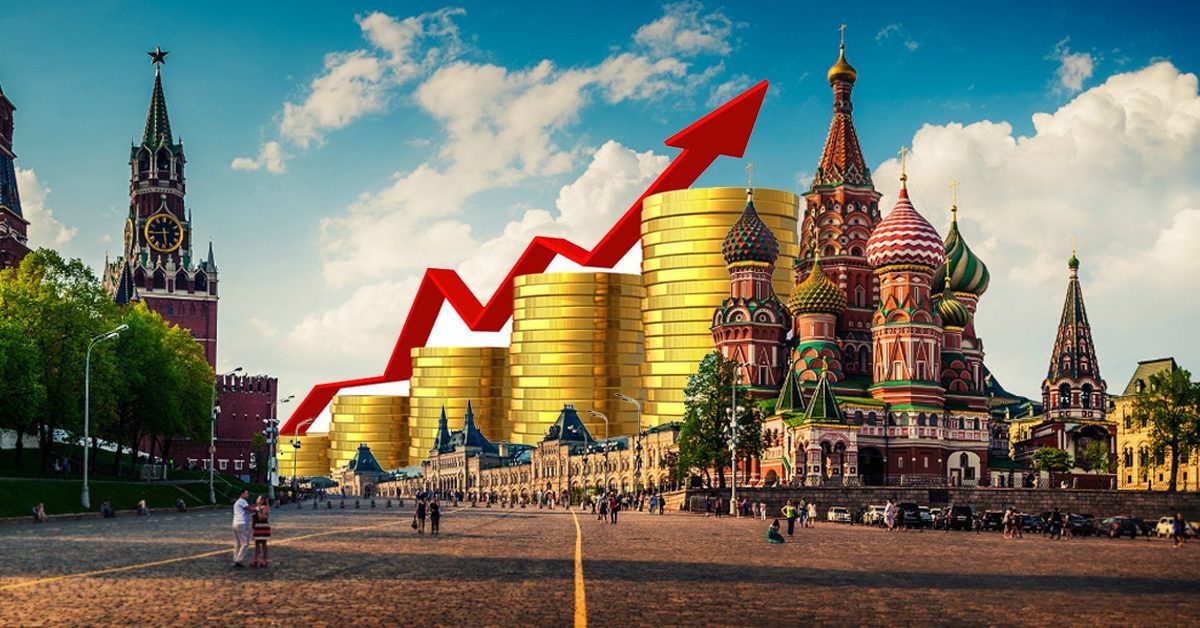America continues to increase sanctions against Russia, specifically trying to limit foreign investment into its energy sector. But the mechanisms used by the White House to deter international investors do not work. The successful placement of Gazprom's bonds in London is proof of that.
A few days ago, the Russian gas monopoly issued placed eight-year Eurobonds for 750 million euros in London. This event deserves special attention, given the strongly negative international background, which preceded the company`s entry into the foreign debt market. Neither the large-scale provocation of the US and British intelligence services with the Salisbury poisoning of former double agent Sergey Skripal, nor the loud noise in the foreign press, nor the subsequent statements of Western officials about the next increase of sanctions against Moscow did not scare off international investors.

It should be noted that the pressure from British authorities was unprecedented. The Gazprom's road show was held in London on 13 March, and on 14 March, the UK announced the expulsion of 23 Russian diplomats, threatening to freeze Russian state assets.
But all this seems to have had the opposite effect. The interest in placement of Gazprom's securities was so high that the company even managed a 15% reduction of the initial coupon rate to 2.5% (instead of the planned 2.875%).
It should be noted that along with investors from Germany and continental Europe, funds from the UK and the United States took part in the placement. The Wall Street regularly fulfilled requests for purchase of Russian securities to their customers through London’s financial City.
There is nothing surprising in the fact that the threat of new sanctions did not have a proper effect on the stock trade. Gazprom is a first-class loan-debtor, and its ability to pay the bills is not in doubt. And the financial performance of the company’s international activities speaks for itself. Every year the gas corporation systematically increases its share on the European market, which at the end of 2017 amounted to 36% (190 billion cubic meters of gas). In parallel, despite all the difficulties, global gas infrastructure projects such as Nord Stream 2 and South Stream are being implemented in the interests of Europe in accordance with the announced schedule. The main financing of these two projects, which cost 10 billion euros and 5 billion euros respectively, is provided by Gazprom.
Another factor in the successful placement of Gazprom's securities in London was the strong demand from foreign investors during the Gazprom's February 2018road show in Switzerland. The company, despite the US sanctions against a number of its subsidiaries, managed to place five-year Eurobonds worth 750 million Swiss francs at a coupon rate of 1.45%.
This rate has become historically minimal, among all issues with Russia in international markets and regardless of the currency. And the sixth placement in Switzerland became historic in regards to the volume of one tranche for the Russian investors in this market.
We should note that this record raising of funds was in part thanks to the US rating Agency S&P, which on the eve of the opening of the book of applications increased the rating of Gazprom to "BBB-". This enabled the company to gain access to Swiss institutional investors, including insurance companies and major portfolio asset managers. Earlier, a similar step was taken by two other US agencies — Moody's and Fitch Group, thanks to the investment rating of which Russian securities began to meet the criteria of Bloomberg Barclays US Aggregate Bond Index (represents investment grade bonds that are traded in the US — note by RuBaltic.Ru). All this also indirectly contributed to the success of subsequent placements of the Russian monopolist in Switzerland and Great Britain.
It turns out that US sectoral sanctions are not restrictions at all, since international investors, including the Americans themselves, continue to do business as usual with Russia.
With this, the statement of the United States Secretary of Energy Rick Perry looks odd. At a hearing of the Committee on Commerce, Science and Transportation of the Senate of the U.S. Congress, he said he was surprised by the fact that Russian LNG is suppled to America. According to the him, he was shocked by the information that Russian supplies were in Massachusetts (Boston) at that time when "America itself produces significant amounts of gas." In his words, we can see the answer to the question of why the United States purchased natural gas from the Russian company, whose subsidiaries are under us sanctions? This answer lies in the economics. The reason for everything - the bad weather on the US East Coast, due to which the price of 1 thousand cubic meters of "blue fuel" has increased significantly.

At first glance, this all looks like a policy of double standards. When the situation is in favor of the US administration, no matter the identity of the supplier and whether they are blacklisted or under sanctions, it is a pure business decision. Otherwise competitors are subject to the notorious sanctions.
Britain does the same. High-profile foreign policy scandal and the unfriendly steps against Russia (expulsion of 23 diplomats— note by RuBaltic.Ru) - all this did hinder the highly demanded purchase of Russian gas during abnormally cold weather. As for the statement of Prime Minister Theresa May in the British Parliament on plans to reduce the volume of purchases from Gazprom, Moscow reacted with understanding.
Russian Energy Minister Alexander Novak, commenting on the threat of British politics, said that "it is the right of every commercial organization and country — to choose their energy policy". According to the official "Russia supplies gas to Europe on absolutely competitive terms and will continue this work in the future."

One can only once again be surprised at the hypocrisy of the British authorities, being in favor of increasing sanctions against Russia and deriving financial benefits from each placement of Russian companies on the London stock exchange. Gazprom could easily and with greater success place bonds, for example, in the Asia-Pacific region — in Singapore or Hong Kong. But the Brits themselves made it clear that they are interested in Russians, allowing at the end of 2017 to hold a successful IPO in London of the energy company En+ which belongs to Oleg Deripaska. The Russian tycoon was already under the gunpoint of the American Justice System with the forthcoming inclusion of him in the sanctions lists by the White House. Despite this En+ managed to attract 1 billion U.S. dollars. Why is this happening? Because London, with the upcoming Brexit, is afraid to lose the status of the global financial capital and is ready to continue working with Russian companies in the format of business as usual.







